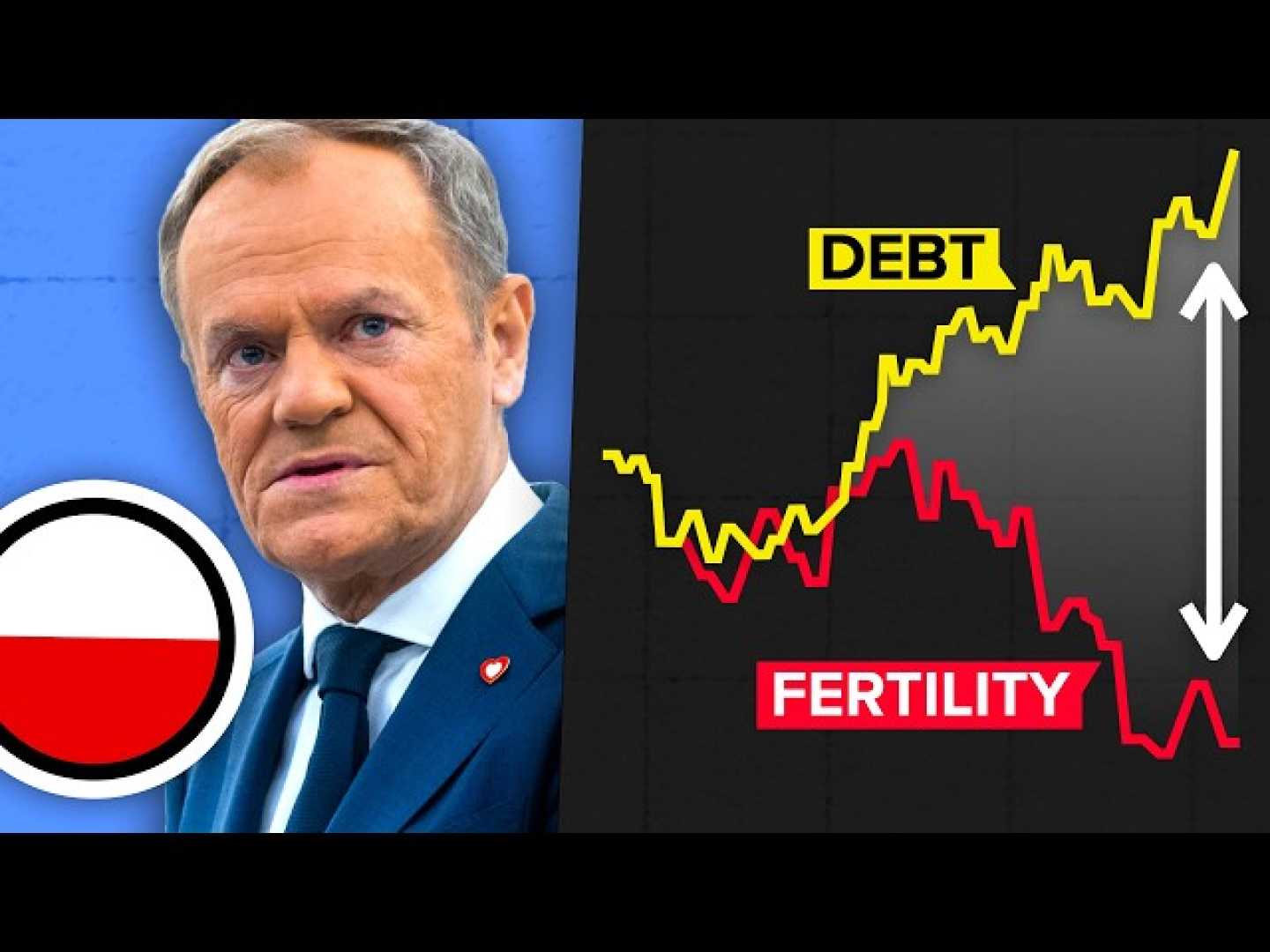Business
Poland Faces Economic Challenges Amid Global Shift

WARSAW, Poland — Poland, once struggling with a 900% inflation rate after the Berlin Wall fell, now boasts a trillion-dollar economy. However, the global economic order that allowed for this growth is under threat, raising concerns about the country’s future.
Since President Donald Trump’s administration has imposed tariffs and shifted trade dynamics, countries like Poland are anxious about sustaining their economic momentum. Pawel Pustelnik, COO of the tech firm Future Processing, stated, “It is a difficult moment for us.” His company, founded during Poland’s transition to a capitalist economy, is now a significant employer with around 800 workers.
Future Processing’s headquarters in Gliwice is located on the site of a former coal mine, now a vibrant business hub. The site also features amenities such as childcare for employees and facilities for testing self-driving technology.
Poland’s transformation accelerated after joining the European Union in 2004, leading to massive infrastructure investments and a surge in foreign investment. The country’s economy has diversified, with successful sectors in agriculture, technology, and finance.
However, the 2022 Russian invasion of Ukraine significantly impacted Poland’s economy, disrupting energy supplies and causing economic uncertainty across Europe. High energy costs and competitive pressures add to the challenges.
Pawel Cygan, managing director of Kirchhoff Polska, a parts supplier, commented on the uncertainty surrounding U.S. tariffs on imports. “In the short term, however, the risks haven’t really materialized yet,” he said.
The situation in Ukraine led to increased military spending in Poland, with 5% of the national income projected for defense next year. While this bolsters security, it restricts funding for social programs, raising national debt levels.
An influx of over one million Ukrainian refugees has brought both challenges and opportunities to Poland. According to former finance minister Leszek Balcerowicz, this migration has revitalized the workforce. Businesses like Iteo have actively hired refugees, helping to boost local economic output by over $27 billion.
Despite the ongoing war and economic shifts, Polish companies are focusing on domestic production to adapt to the new global landscape. “History makes us flexible,” said Marta Kepa, CEO of the Software Association. The resilience shown by Polish industries may be their strongest asset in navigating these uncertain times.












